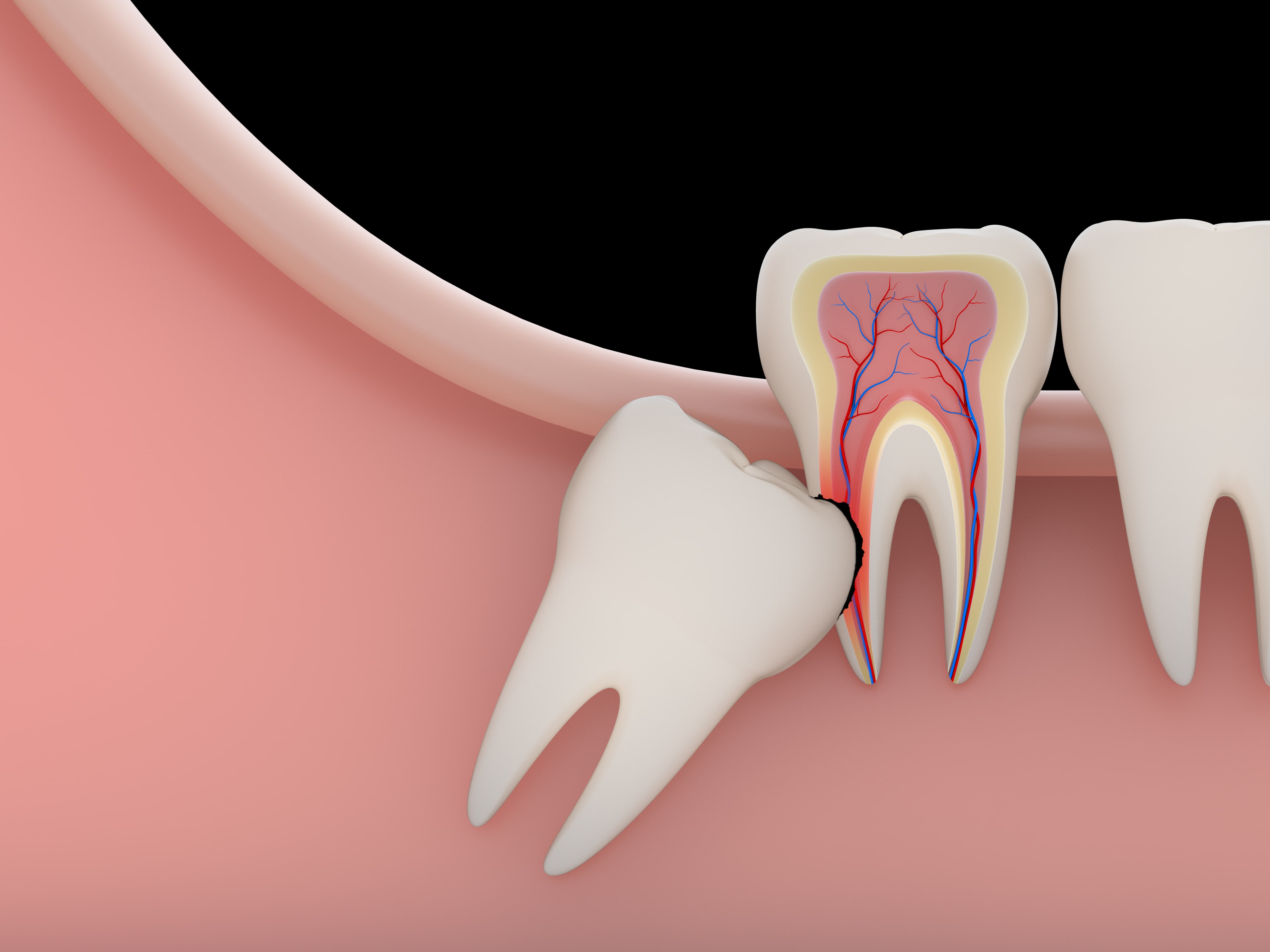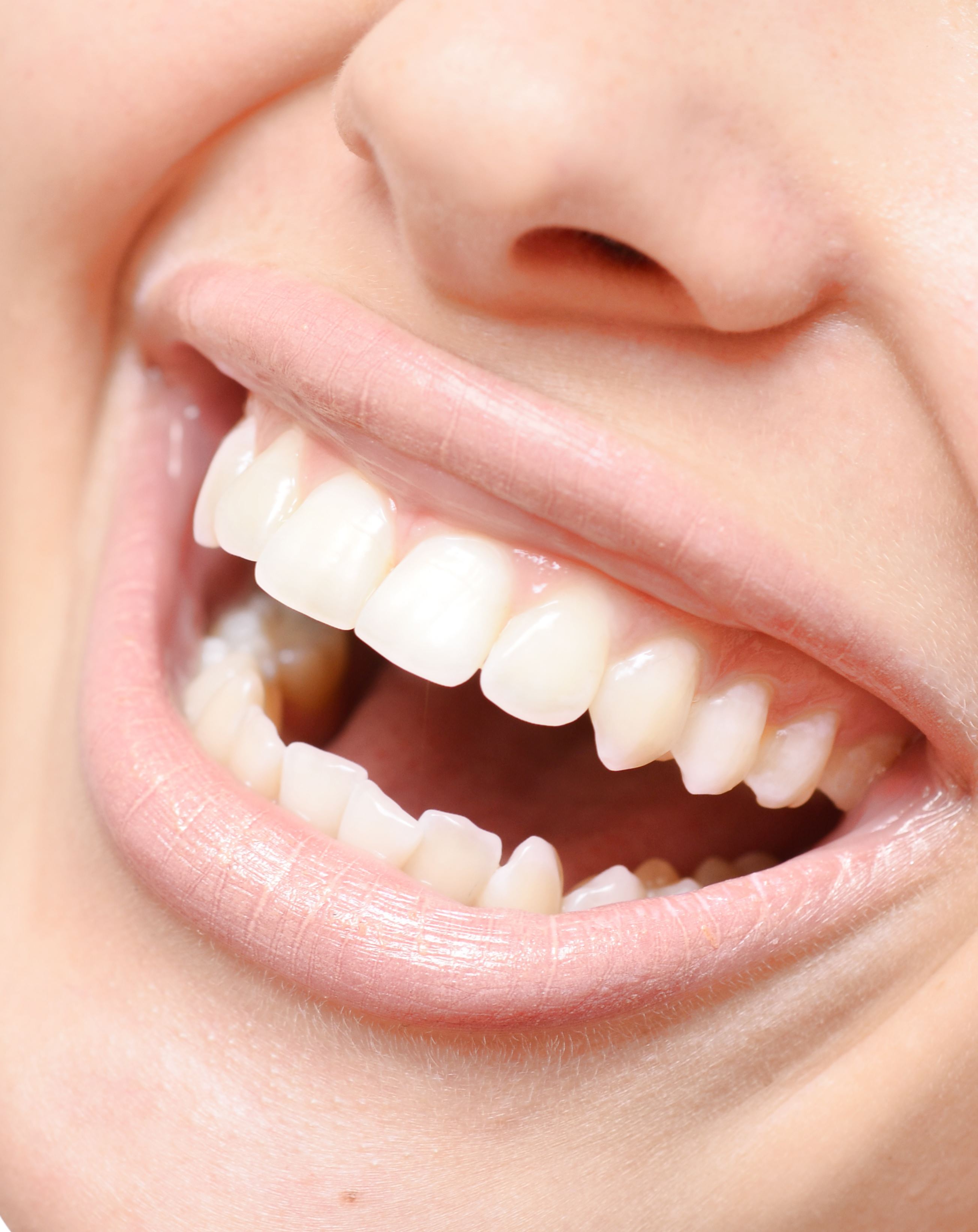781 Centre Road, East Bentleigh, VIC 3165
-
Mon- Fri 8am – 5pm
A coated tongue is a common but frequently ignored condition that can reveal a great deal about a person’s overall health. In this blog post, East Bentleigh Dental Group will detail what a coated tongue is, its potential causes and what it might be indicating about your overall health.
What is a Coated Tongue?
A coated tongue occurs when the surface of the tongue becomes covered with a layer of debris, bacteria, dead cells or food particles. This coating can vary in colour, ranging from white and yellow to brown or even green depending on the underlying cause. The tongue may appear fuzzy, with a thick or thin layer of coating that often has an unpleasant odour.
The Causes of a Coated Tongue
A number of factors can contribute to a coated tongue, but poor oral hygiene is one of the most common reasons. Failing to brush your tongue or clean your mouth regularly allows bacteria and dead cells to accumulate, leading to a coated appearance.
Dehydration is another major cause. When your mouth is dry, saliva production decreases, reducing the mouth’s natural ability to cleanse itself. This can cause a buildup of bacteria and debris on the tongue. Consuming a diet high in sugar and processed foods can also create an environment where harmful bacteria thrive, leading to a coated tongue.
In some cases, a coated tongue can indicate an underlying health problem. For instance, a persistent white coating could indicate oral thrush, which is a common fungal infection. Yellow or brown coatings might suggest poor digestion or a possible liver issue. It’s also possible for a coated tongue to be a sign of a weakened immune system or a deficiency in certain vitamins and minerals.
How to Address a Coated Tongue
Maintaining good oral hygiene is the first step in addressing a coated tongue. Make it a habit to brush your tongue gently using a toothbrush or a tongue scraper to remove any buildup. Drinking plenty of water is also recommended to keep the mouth hydrated and encourage the production of saliva, which naturally cleanses the mouth.
Learn More Today
If you notice a persistent coating on your tongue that doesn’t improve with regular oral hygiene practices, it’s important to consult with a dentist or healthcare provider. They can help identify the underlying cause and recommend appropriate treatment. Contact EBDG today to learn more or make an appointment at our clinic.







